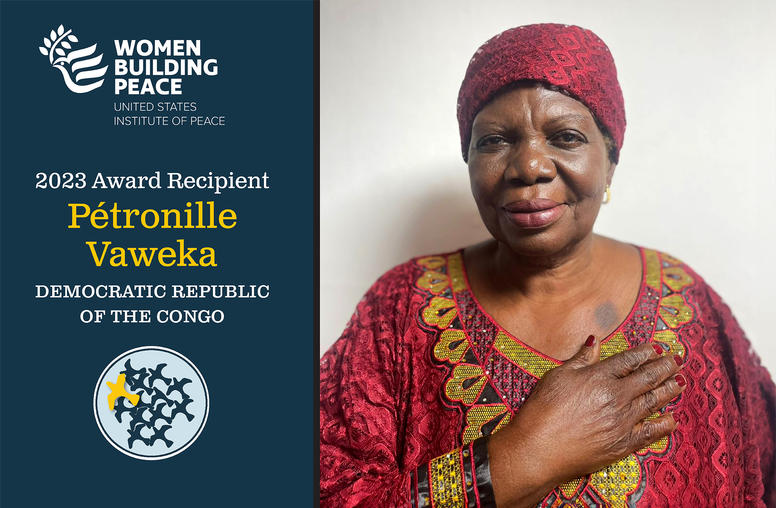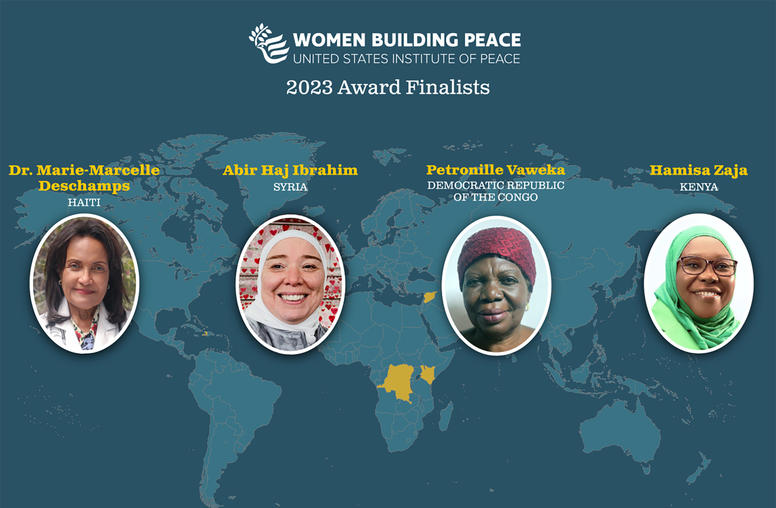Montenegro's Vote: No
Institute Newsbyte explores Montenegro's determination not to participate in elections set for September 24 throughout the Federal Republic of Yugoslavia (FRY).
Montenegro's democratic government has recently reaffirmed its determination not to participate in elections set for September 24 throughout the federal state it shares with Serbia, the "Federal Republic of Yugoslavia (FRY)." The government of Montenegrin President Milo Djukanovic has decided to allow the elections to be held in the republic, but will not recognize the results as legitimate, following constitutional changes rammed through the federal parliament. This decision to boycott follows two years of Montenegro's de facto exclusion from federal decision making.
Recent arrests of foreign nationals by the Yugoslav Army (VJ) have brought Montenegro's precarious situation back into the spotlight. The European Stability Initiative (ESI), a Berlin-based think tank with analysts on the ground in Montenegro, released a report on August 4 entitled "Autonomy, Dependency, Security: The Montenegrin Dilemma," written with support from the U.S. Institute of Peace. The report can be accessed on the web at www.esiweb.org. The following are some conclusions based on the report and a recent discussion at the Institute's Balkans Working Group on "Montenegro: War or Peace?"
The prospect of establishing democracy in the "FRY" by way of elections conducted by the regime of federal President (and war crimes indictee) Slobodan Milosevic is unlikely at best, as admitted by the leading opposition candidate, Vojislav Kostunica. The regime in Belgrade is counting on securing Montenegro's allotment of parliamentary seats, knowing that the constitutional amendments make participation unacceptable to Montenegro's governing coalition. A Western fixation on the September 24 poll and subordination of Montenegrin interests to those of Serbia's uninspired professional opposition could risk losing a real democracy for the mirage of one that cannot be created through inherently flawed elections.
While the "FRY" is practically nonexistent, a Potemkin state that serves as a vehicle for Milosevic to maintain power, Montenegro in many ways functions as if it were independent, though it hesitates to call a referendum on the issue. Montenegro has no representation in federal institutions and maintains its own foreign policy, monetary policy, police and legal system. Montenegro has been a major recipient of Western assistance of late, though the World Bank and International Monetary Fund are not yet active there and the ambiguity of its political and security status discourages private investment.
Although Montenegro is under constant threat, the element of risk actually increases after the elections. Should stoking internal conflict -- rather than outright military intervention -- be Belgrade's chosen method of subverting Montenegrin democracy, an effective NATO response might prove difficult. Preventing a crisis through deterrence is the only viable approach.
Internal Montenegrin Dynamics Deserve Attention
- Montenegro's caution on the question of independence is based on genuine and growing divisions in Montenegrin society. The Djukanovic government, given the opportunity, would probably prefer not to pose the divisive question of independence to the electorate in the near future.
- The political system within Montenegro functions relatively well, and the pro-Belgrade opposition can still reasonably hope to win power peacefully through elections, thereby making extralegal seizure of power less attractive.
- Elements of the pro-FRY opposition in Montenegro are not puppets of Milosevic but rather a significant political force that the West should not sideline. Encouraging them to remain engaged in the political process will strengthen democratic, electoral competition in Montenegro, which has been a major contributor to stability.
Western Support Should Focus on Montenegrin Security
- Western policy should focus more on preserving and expanding democratic and economic reform in Montenegro rather than on using Montenegro against Serbia.
- Explicit security guarantees are problematic, because it is difficult to define the triggering conditions. ESI believes that the current, deliberately ambiguous, policy of NATO is the best approach, avoiding creating too much of an identity between the Djukanovic government and NATO.
- Nevertheless, NATO -- the United States in particular -- must be visibly ready and willing to use force to turn back any attempts by Milosevic to quash democracy in Montenegro. Evident NATO preparedness in regional exercises would keep Milosevic guessing.
- In the aftermath of an official Milosevic "victory" in September, Montenegro will be at risk from a newly emboldened president and puppet federal parliament. Maintaining the present middle ground -- growing autonomy just short of independence -- will be difficult and will require continuing international attention, protection and assistance.
Montenegro's Emerging Democracy Needs a Push on Economic Reform
- Economic reform in Montenegro has not progressed far, and the current political structures, dating from the communist era, lack the institutional capacity to undertake necessary reforms. The current economy based on oversized state-controlled firms and a gray economy is not sustainable. Western assistance thus far, while absolutely critical in maintaining Montenegro's democracy, has insufficiently addressed this issue.
- The presence of international financial institutions and a more pronounced but cautious insistence on economic reform is needed urgently.
The United States Institute of Peace is an independent institution created and funded by Congress to promote research, education, and training on the peaceful resolution of international conflicts. Since 1995, the Institute's Balkans Initiative has played an important role in creating a forum for discussion among government and non-government experts to assist in building consensus on key issues in the Balkans.

